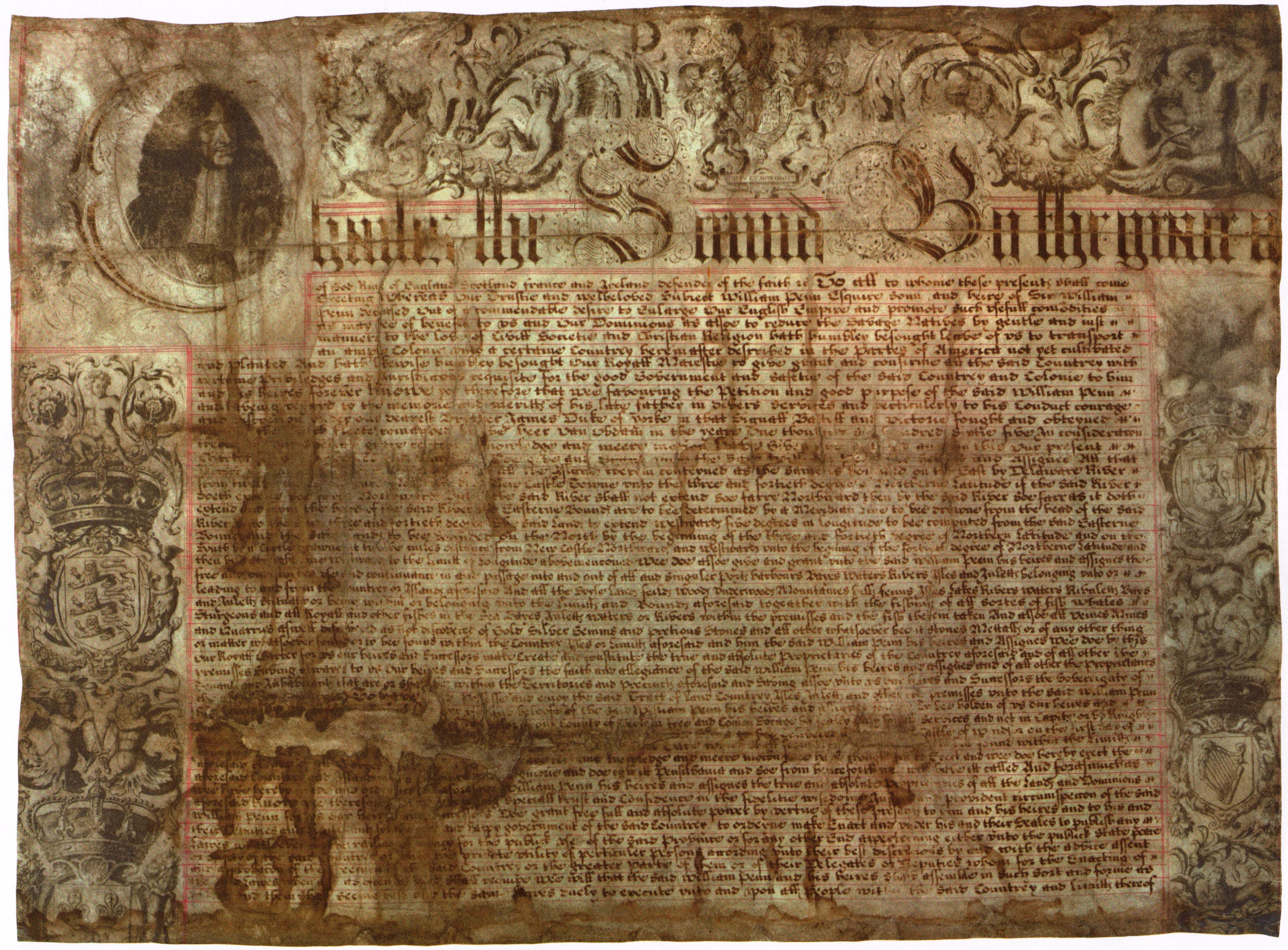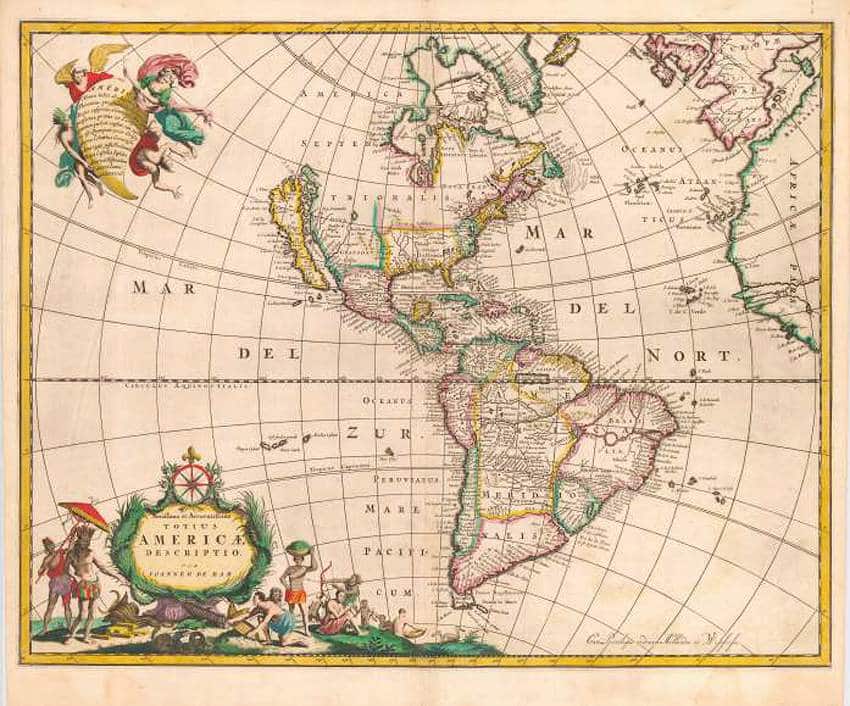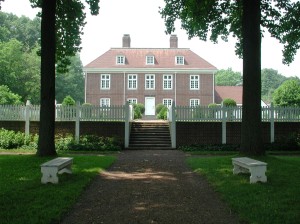This summer a young friend attended summer camp at Pennsbury Manor, and during the course of the week she formed some opinions about my job as the Museum Educator. She told me that I have the coolest job in the world because I get to “take care of the animals, give tours, and drive the golf cart.” Well, maybe my job isn’t quite as simple as that, but it is pretty cool!
Without question, my favorite part of the job is talking with visitors. I get to learn where they are from and what brought them to Pennsbury Manor, hear their questions and discussing answers – because history is rarely made of pure facts. Most of all, I love that moment (especially transparent in children) when an idea catches hold and true learning takes place.
Every day, all sorts of people (including you!) visit our blog. I often feel like I am missing out because I can’t have the same conversations with you as I do with the people who visit the physical site. But lately we’ve been having some great discussions with our readers and volunteers. We’d like to encourage everyone to feel they can participate, with questions, comments, and experiences of your own!
Below each blog article, there is a comment section for anybody to post their responses. If you are shy (like me) and don’t wish to post a public response, please email us at willpenn17@aol.com. We’d love to know what your interests are, and what you would like to hear more about! I’d like to know what questions you have about current or previous posts. Finally, I’d like to hear about YOU. Where are you from? How did you come to love history? What experience at a historic site or museum truly moved you?
Go ahead, make my day and shoot me an email or comment. I look forward to hearing from all of you!
Mary Ellyn Kunz, Museum Educator





